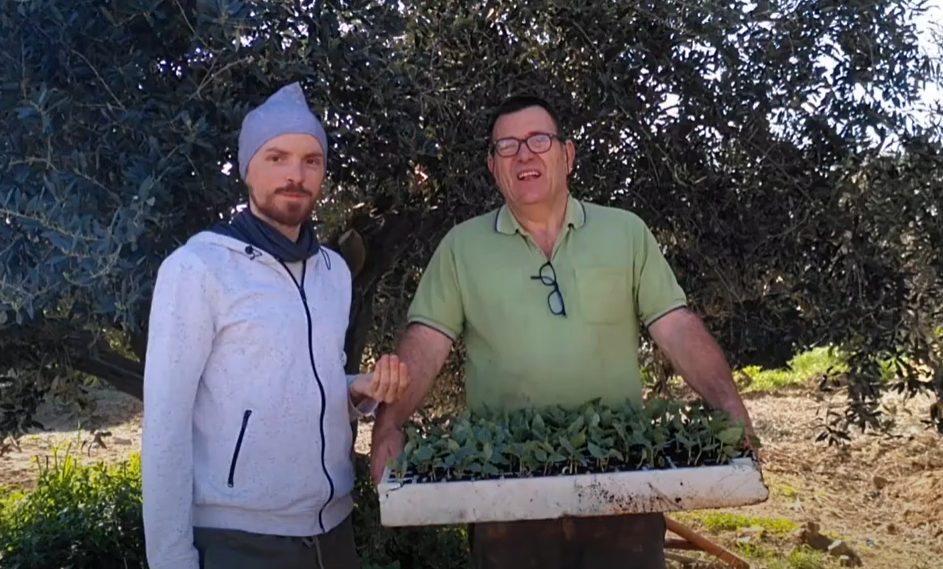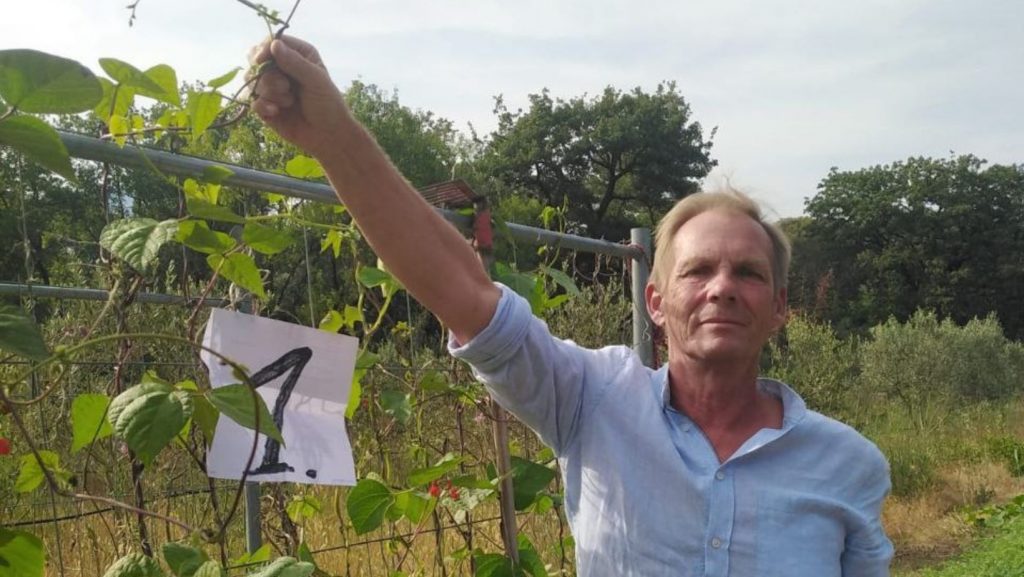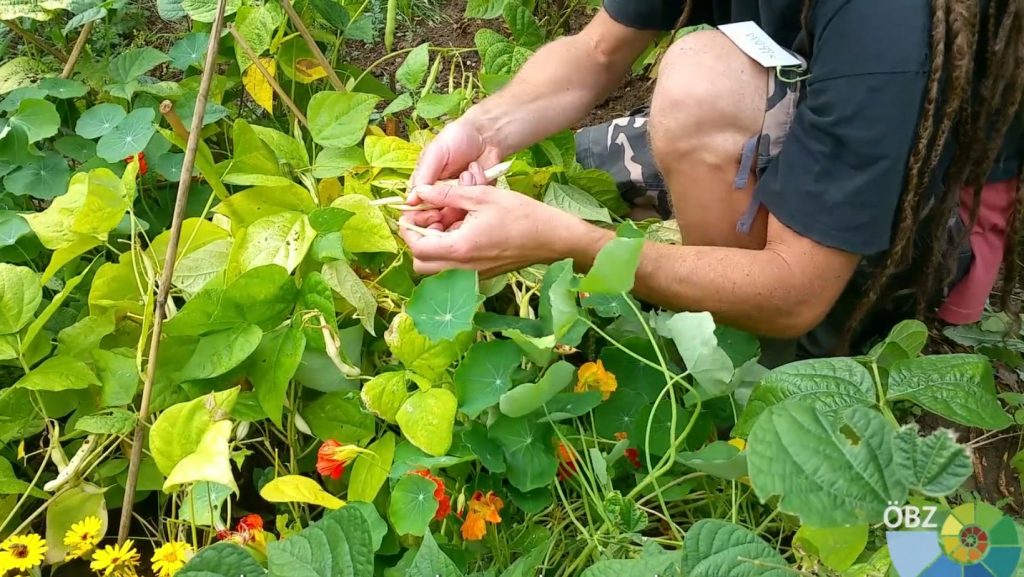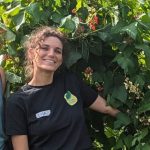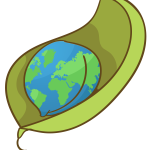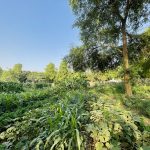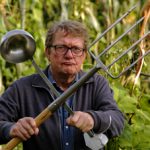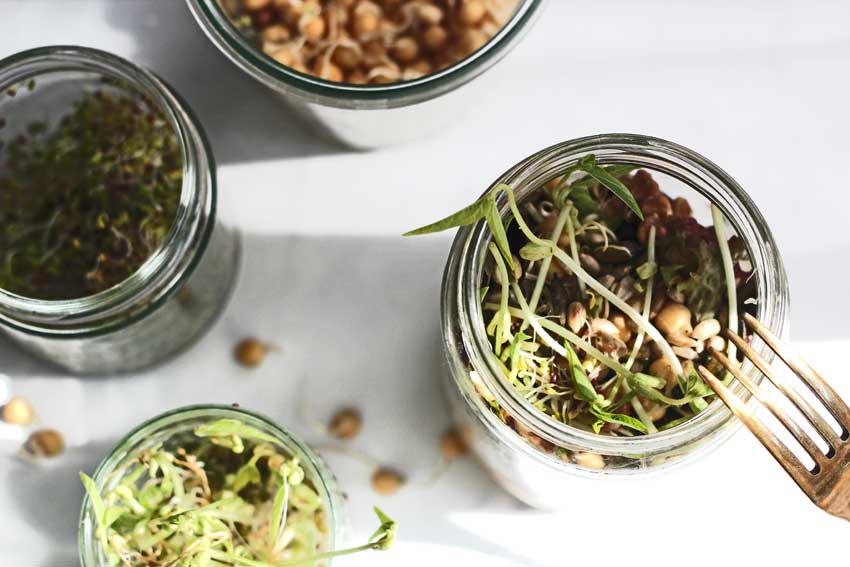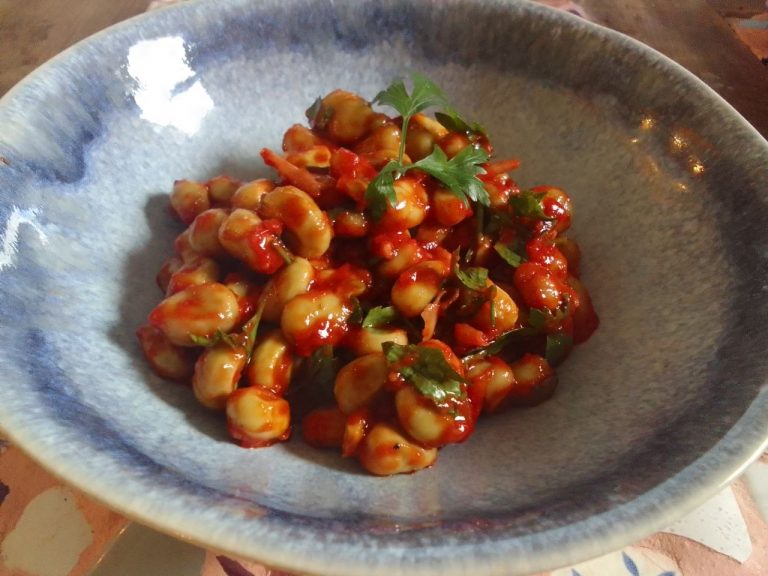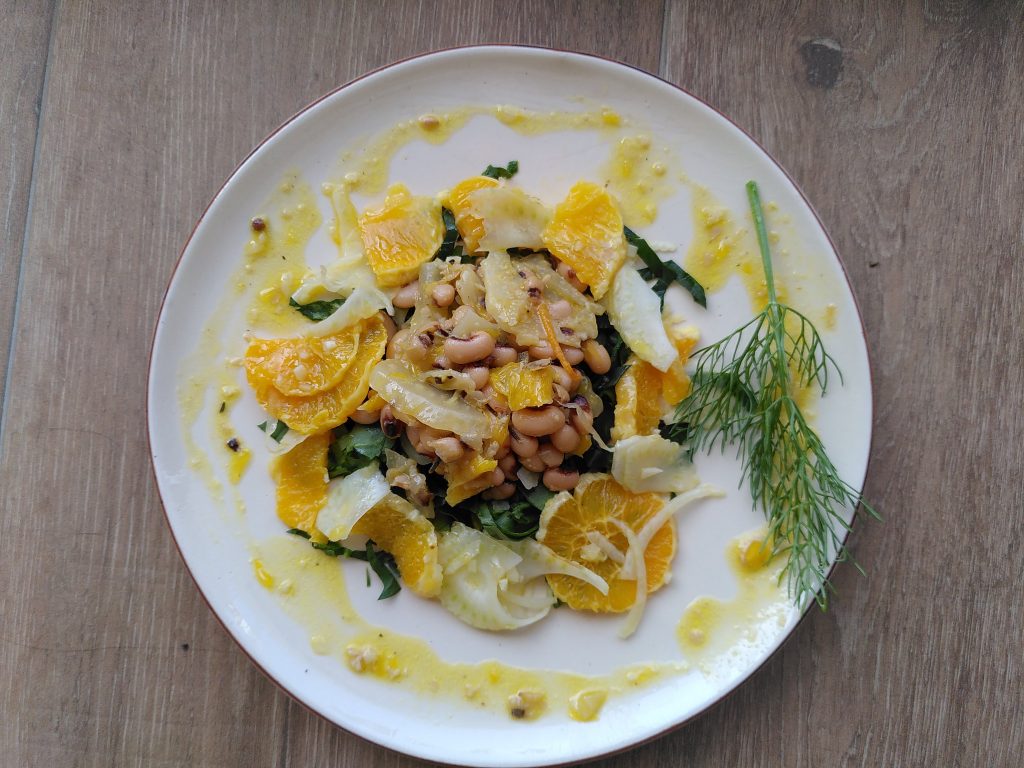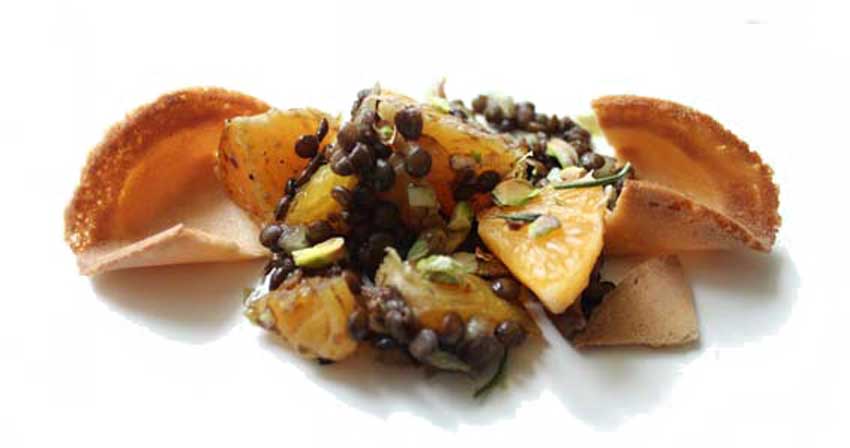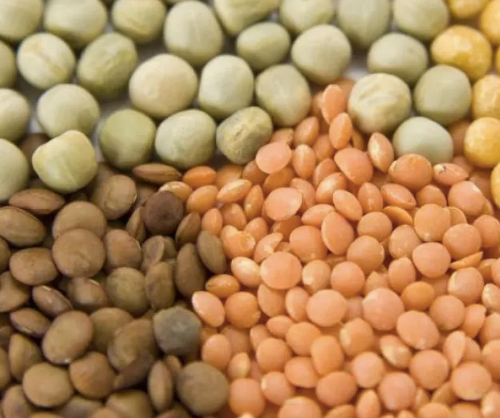100% organic and biodynamic seed company, from R&D (plant breeding), production, processing, storage, packaging, distribution. Semillas Vivas is the sister company in Spain. 35 contracted organic or Demeter farmers multiplying seeds. Living Seeds operates an own farm in Idanha a Nova with several trial fields and production areas. Around 30 people are employed.
Global Bean projects we are involved in:
We can offer:
plant breeding of legumes experiences, market and production skills, partnerships for processing or research
We seek:
old varieties, resilience profiles
In the Global Bean network since:
December 2021
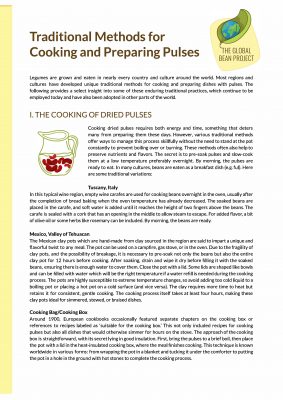
Legumes are grown and eaten in nearly every country and culture around the world. Most regions and cultures have developed unique traditional methods for cooking and preparing dishes with pulses. The following provides a select insight into some of these enduring traditional practices, which continue to be employed today and have also been adopted in other parts of the world.
Read more
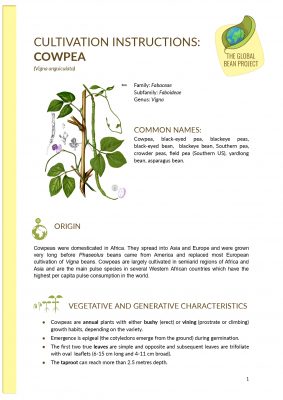
Cowpeas were domesticated in Africa. They spread into Asia and Europe and were grown very long before Phaseolus beans came from America and replaced most European cultivation of Vigna beans. Cowpeas are largely cultivated in semiarid regions of Africa and Asia and are the main pulse species in several Western African countries which have the highest per capita pulse consumption in the world.
Read more
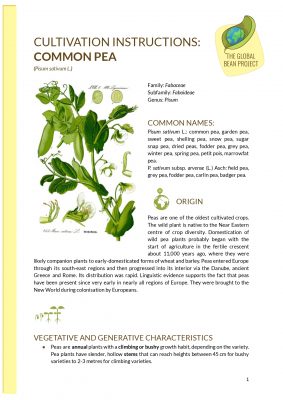
Peas are one of the oldest cultivated crops. The wild plant is native to the Near Eastern centre of crop diversity. Domestication of wild pea plants probably began with the start of agriculture in the fertile crescent about 11,000 years ago, where they were likely companion plants to early-domesticated forms of wheat and barley
Read more
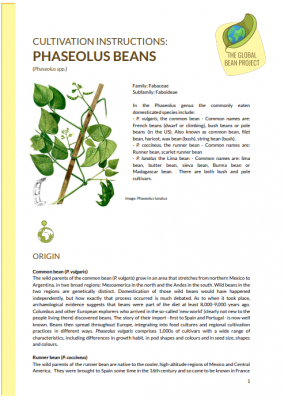
The wild parents of the common bean (P. vulgaris) grow in an area that stretches from northern Mexico to Argentina, in two broad regions: Mesoamerica in the north and the Andes in the south. Wild beans in the two regions are genetically distinct.
Read more

Pulses like beans, peas, lentils and chickpeas are a simply delicious, naturally nutritious food. Because of this, most national and international dietary guidelines recommend eating more pulses. The suggested amount varies between at least one portion of 25 g dry/80 g cooked pulses per day - like in Portugal - up to 3 cups (720 mL) in the US per week.
Read more
Nicolas Carton is an agronomist and pulse ambassador. Based on his experience as an academic researcher and as a crop advisor he started the initiative Lumineuses to search for the locally best varieties of legumes and to process them through delicious recipes.
Read more
Jean Paul has created his cleaning and landscaping company some years ago and is enthusiastic home gardener who appreciates to grow and cook legumes such as chickpea, bean and lentils.
Read more
The community garden project at the Ecological Education Center as part of Global Bean Project. We are a volunteer group within the community garden project at the Ecological Education Center (ÖBZ) in Munich and collect varieties of beans that are no longer in commercial use. We are enthusiastic about the diversity and the aesthetics of beans, of course also about the culinary enjoyment and their ecological value.
Read more
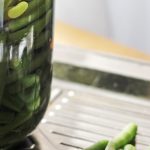
Fermentation is one of the oldest and most straightforward methods of food preparation. Enzymes produced by microorganisms like bacteria, yeasts, and mold, have long been used by humans to produce food that is both delicious and nutritious. Commonly eaten foods produced through fermentation include bread, dairy products, sauerkraut, and kimchi. In this online event, we
Read more
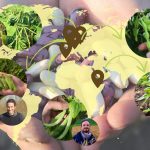
Curious about the diversity of legumes and how they are produced? Watch the recording of our “Live in the show gardens” meeting and discover legume gardens throughout Europe and beyond! The Global Bean Show Gardens are a diverse network of demonstration gardens, production farms, breeding stations, and experimental farms. This interactive online event took us
Read more

Watch the recording of the baking class here: Find here the recipes – Swiss Dreikönigskuchen (Bean-Based Version) – Galette Des Rois With Sweet Azuki Bean Puree Filling Summary We started 2023 with GOOD LUCK! Older even than the Princess on the Pea is the Bean King across Europe. This ancient custom ends the dark cold
Read more

In Europe, production and consumption of dry legume seeds as food is still strikingly low, in comparison to other continents and given their numerous benefits.
However, there are many examples of successful cultivation and consumption of pulses, driven by cooperation between stakeholders.
Read more
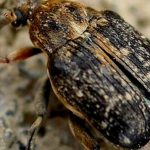
Yellow, spotted, eaten leaves, discoloured seeds and pods. Weevils and other insects, mosaic viruses, mould and drought. These, among many others are problems you might encounter in your legume garden.
Read more


 Publications
Publications Showgarden
Showgarden Recipes
Recipes Events
Events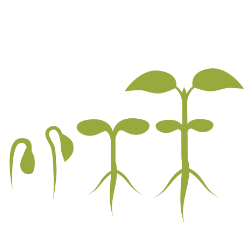 Articles
Articles




